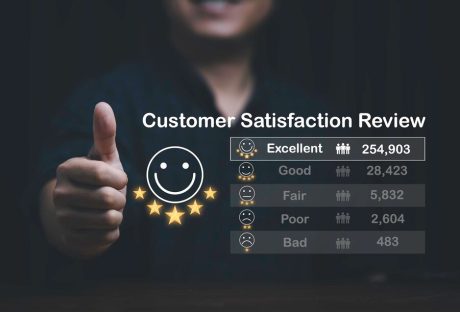Salespersons are of two kinds- there are those who are smart enough to sell themselves and are charmers. Then there are those who know how to sell products and services. They might not be presentable enough, but they do know their business. Employers are often tempted to hire people with pleasing personalities, rather than people, who know how to do their job.
While it’s always important to be polite, sometimes these basic niceties can get in the way of sales – it might even prevent people from closing sales. Feeling too pushy to pull the trigger will no doubt affect performance negatively. This kind of occurrence is called “Yielder Call Reluctance.” The first step in overcoming Yielder Call Reluctance is to understand what it is and how it could be affecting you. The following criteria may help you determine if you are too nice to close the deal:
- You are fearful of bothering people unless you’re given an explicit “ok” to talk brass tax
- You are afraid of being too pushy, intrusive, or manipulative while talking to a client or potential client
- You are afraid to incite conflict while talking about a sale and its specifics
- You are taking clients out for dinners and lunches, as well as other lavish outings, but you aren’t breaking even or haven’t actually made a big sale yet
- You have a number of relationships with clients set out, but your production goals have not been met
If you answered “Yes” to three or more of the above questions, you may be suffering from Yielder Sales Call Reluctance.
It’s important to raise it to the attention of the employee or candidate in question because a lot of people simply are not aware of their own awkward dispositions or they are trying too hard to be pleasant and gregarious.
By taking them aside and letting them know about what their actual role is, you can help them take the first step towards making the necessary adjustments. This will also help them when it is time to interact with customers.
If you want to see someone in action, you should always try one small trick. Try and listen to their phone calls. One of the best things about listening to a representative’s call is figuring out whether he is trying too hard to be nice and approachable. You should also ask them to assess or evaluate their performance for themselves. Always remember, self-learning is the best form of learning.
Once the problem has been identified and the sales representative has narrowed down the issue at hand, it is your task as a sales manager to coach and changes their professional behavior. This is the stage where you provide your representatives with useful coaching, tips, self-practicing scripts, and sort their approach.
In short, a candidate with too much potential for phony small talk and feigned joviality can help tell you how to spot an unsuitable sales candidate quickly and efficiently.
After the entire process has been completed- reviewing, coaching, and on-field practice, you need to do a final assessment. This can involve listening to the representative talk over the phone with a client. It can also involve seeing them in action on the floor of the store.
Read Also:






















